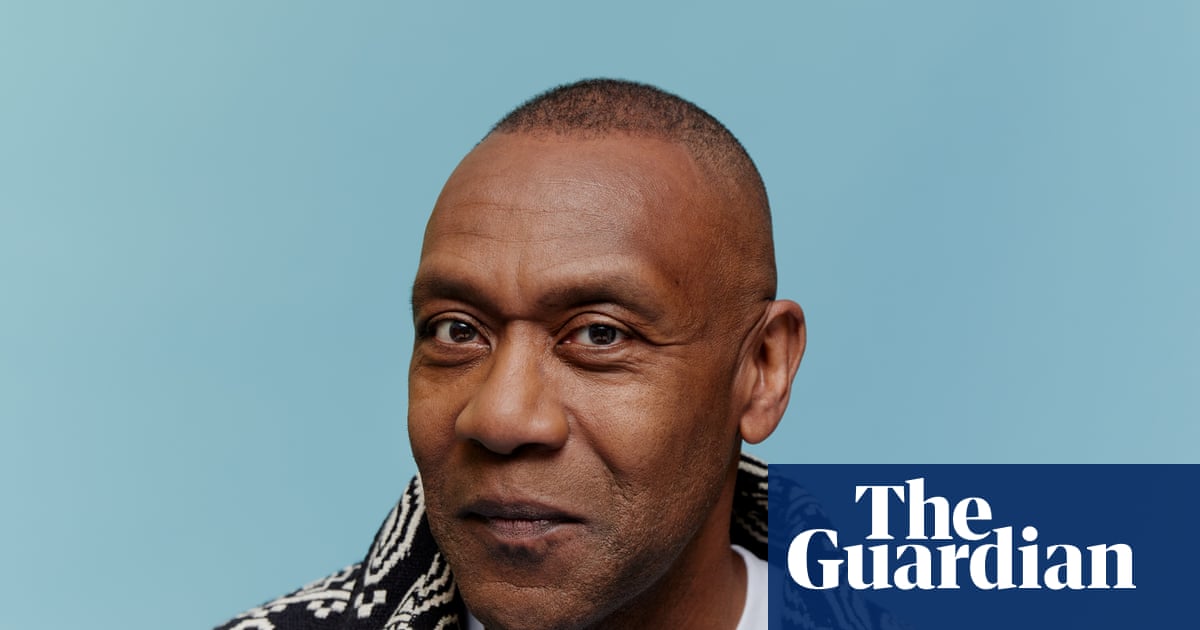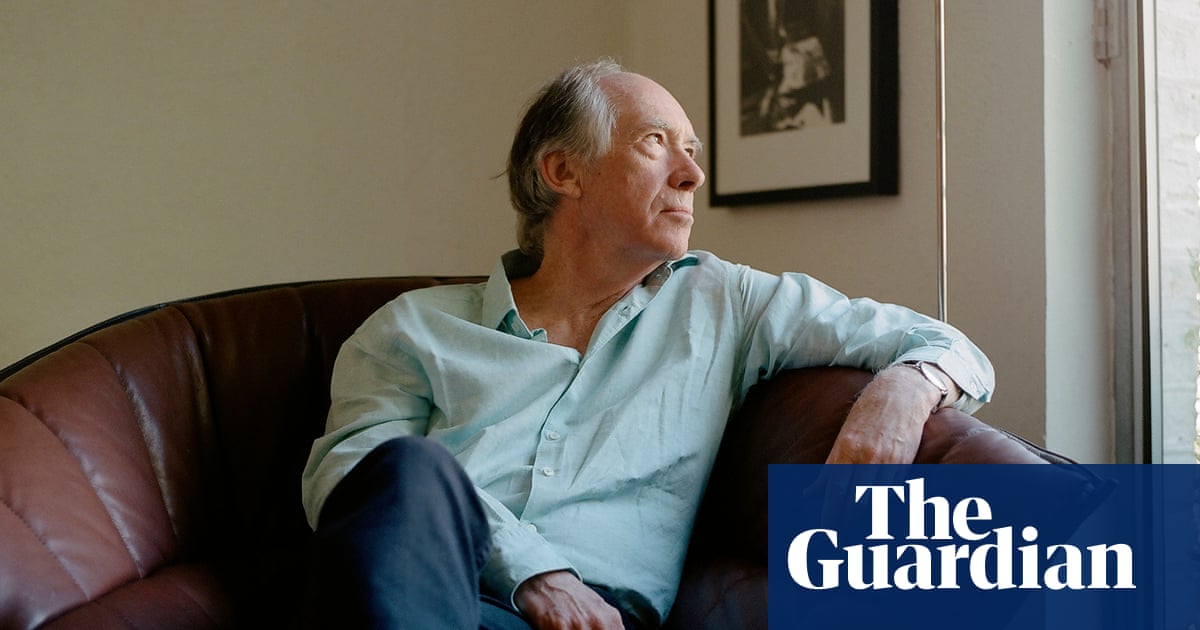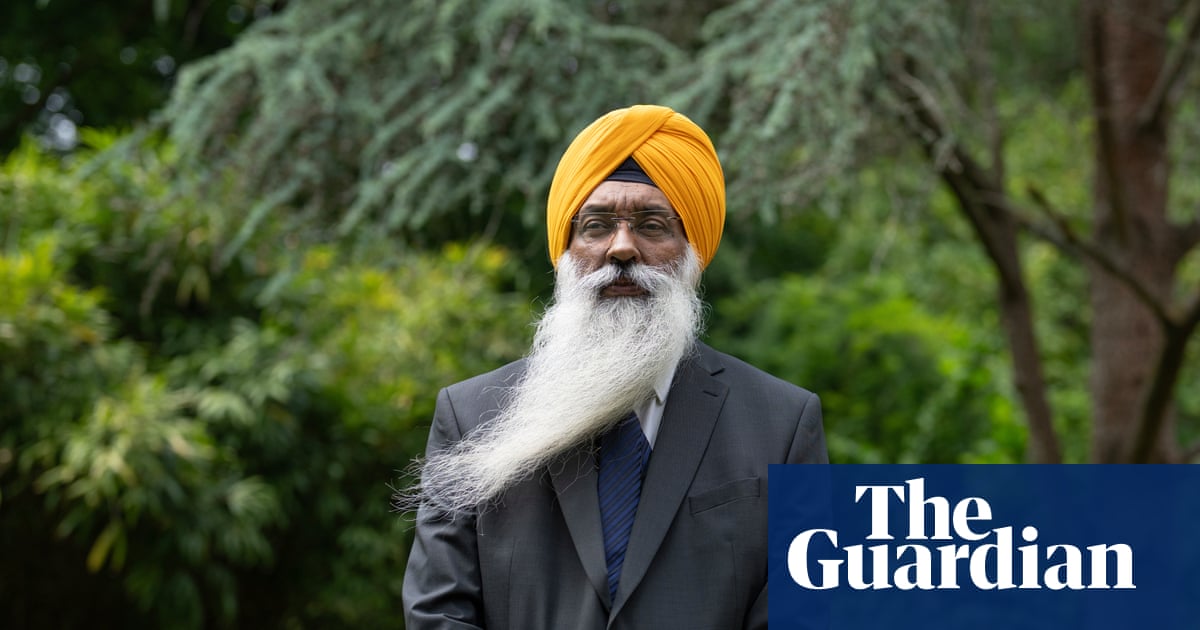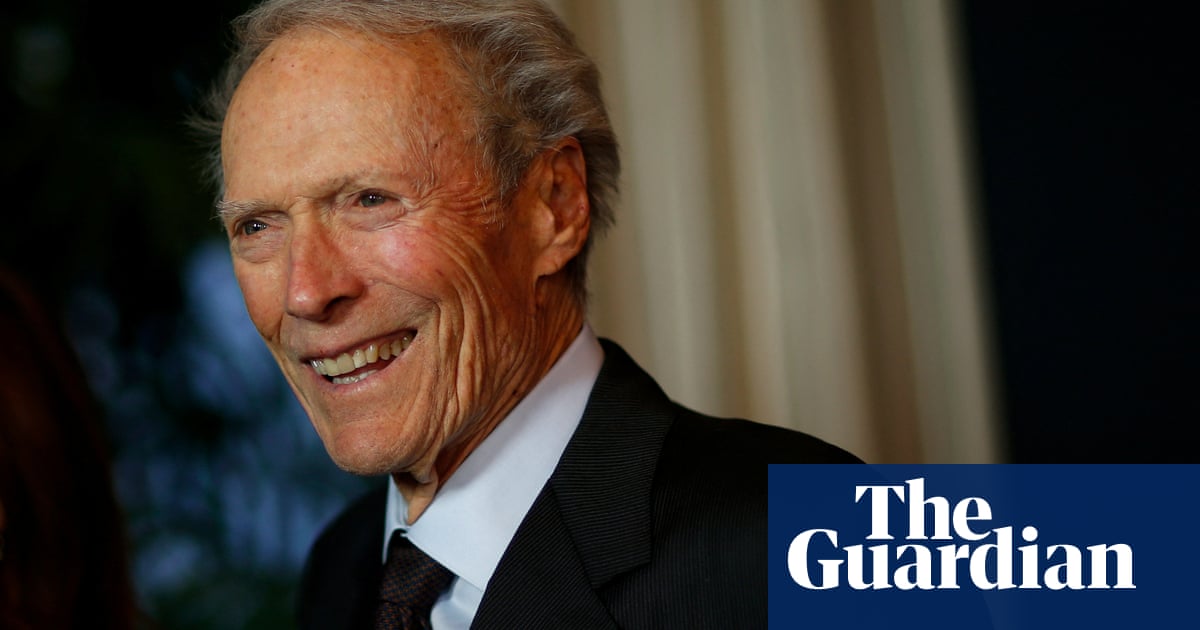Laila Soueif is one of the most determined people I know, and for that reason, she is in grave danger. The grandmother, 69, is lying in a hospital bed in central London, perilously close to death after 245 days on hunger strike. She could still survive, but it will depend on the UK government taking strong action.
Soueif stopped eating to try to save her son, the imprisoned British-Egyptian national Alaa Abd el-Fattah, an Amnesty International prisoner of conscience and winner of the 2024 English PEN writer of courage award. He has spent more than a decade in an Egyptian jail cell because of his writings on democracy. Soueif wants more than anything else to reunite him with his own son, 13, who lives in Brighton and has barely been able to spend time with his father.
Soueif’s hunger strike has been fuelled by her frustration with both her governments: the Egyptian government that heartlessly refused to release Abd el-Fattah at the end of his most recent five-year sentence, imposed because he shared a Facebook post about the torture of a prisoner; and the British government, which has not been able even to visit Abd el-Fattah and has been regrettably timid in pushing for its citizen’s freedom.
This is the second time this year that Soueif’s hunger strike has led to her being admitted to hospital, but the danger to her life is far greater this time after so long without food. Her blood-sugar levels are shockingly low and her family spend each day hoping she can make it through the next night. Her doctors say it is a miracle that she is still alive.
The pressure on Egypt to release Abd el-Fattah has been growing. The UN working group on arbitrary detention last week issued a landmark opinion determining that he is unlawfully detained and that under international law Egyptian authorities must release him immediately.
Given the overwhelming and urgent threats to Soueif’s life, and Egypt’s repeated insults to the British government and international law, the UK must now ramp up the pressure on Egypt to release Abd el-Fattah. Keir Starmer has rightly raised his case with the Egyptian president, Abdel Fatah al-Sisi, but we know this Egyptian government will not respond to words alone: the last three prime ministers also tried discussing the case without success.
I have been working on Abd el-Fattah’s case as part of a new all-party parliamentary group campaigning for British nationals who are arbitrarily detained, and I find the lack of respect shown by Egypt for the UK’s rights in relation to a British citizen alarming. With my colleagues, I recently submitted evidence to the foreign affairs committee inquiry noting that the UK has not taken any action, including sanctions, against any Egyptian authorities responsible for Abd el-Fattah’s continued detention beyond the end of his five-year sentence. That position should be urgently reviewed.
This week I joined the former British ambassador to Egypt John Casson, the former Foreign Office minister Peter Hain and the campaigner Richard Ratcliffe in calling on the government to change its travel advice to “caution against travel to Egypt”. In light of what we have learned from Abd el-Fattah’s case, the British government must make clear that a UK citizen who falls foul of the police state in Egypt cannot expect fair process or normal support from the British government. Hundreds of thousands of UK citizens travel to Egypt each year, making a major contribution to the country’s economy, and the truth is we can’t guarantee their rights. The Egyptian government will undoubtedly take notice if its failure to abide by the rule of law starts affecting hotel bookings for the winter season.
Alongside this, the UK should be holding off any new trade and investment cooperation with Egypt until Abd el-Fattah is released. The British government should not be signing trade deals with countries that are arbitrarily detaining our citizens. Any plans for the conference announced by the Egyptian government last year to “pump British investments” should be shelved immediately and there should be no discussion of UK support for financial packages to Egypt.
Finally, the British government should look to take this matter to the international court of justice. The Egyptian government’s continued refusal of consular access to Abd el-Fattah amounts to a clear breach of the Vienna Convention on Consular Relations, and Britain should seek to claim its rights at the world court. France has recently taken this step in relation to two of its nationals held in Iran.
Soueif’s bravery and fortitude is astonishing but if her son’s case is not solved urgently, the consequences for her and her family are too terrible to contemplate. Our government has a duty to use every tool available to secure his release. The time for relying solely on polite diplomacy is long past: the prime minister must demonstrate his strength and resolve in this case.
-
Helena Kennedy KC is a Labour peer and was chair of the Power inquiry into the reform of democracy
-
Do you have an opinion on the issues raised in this article? If you would like to submit a response of up to 300 words by email to be considered for publication in our letters section, please click here.

 3 months ago
138
3 months ago
138

















































